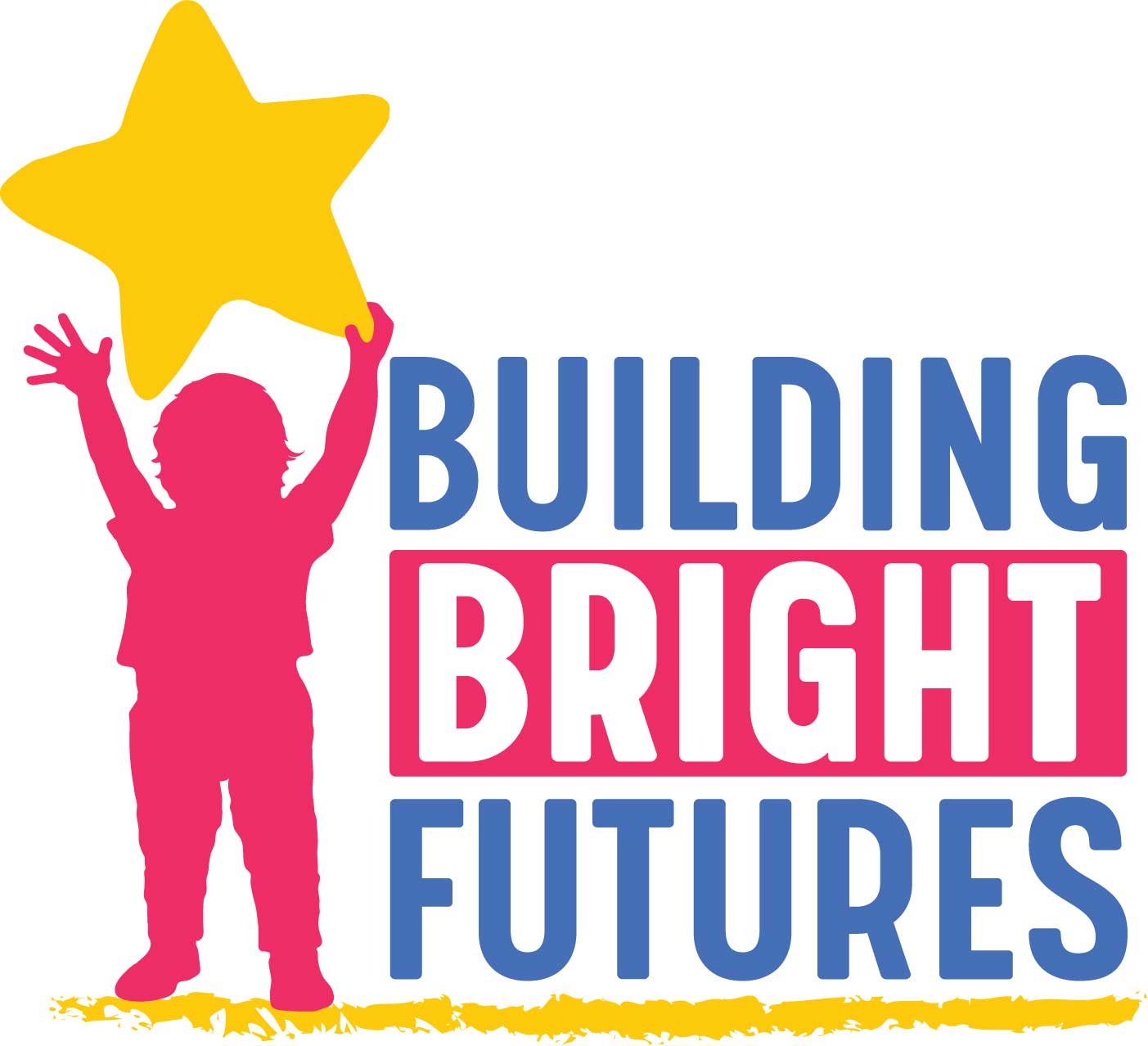The Vermont Early Childhood Action Plan (VECAP) is designed to build collective accountability to achieve measurable 2026 goals:1. All children have a healthy start2. Families and communities play a leading role in children’s well-being3. All children and families have access to high-quality opportunities that meet their needs4. The early childhood system will be integrated, well resourced and data-informedThe VECAP articulates a vision for Vermont’s children and families: Vermont aspires to realize the promise of each and every Vermont child by ensuring that the early childhood system is an integrated, continuous, comprehensive, high quality system of services that is equitable, accessible and will improve outcomes for children in the prenatal period to age eightand their families.
On July 26, 110 early childhood leaders representing all levels of the BBF Network (Regional Councils, VECAP Committees and SAC members) gathered for the annual VECAP Summit to celebrate progress toward the VECAP goals and begin to formulate 2022 policy recommendations for consideration by the State Advisory Council. You can view the recording from the July 26 meeting here. BBF Network members shared some of the creative and bold progress made during the past year with meaningful impacts on children, families, and the early childhood workforce:
- Strategies to support family economic stability and access to services during the pandemic. They also shared about Resilience Beyond Incarceration; a program supporting child and parent connection when in-person visitation was not possible. Presenters: Samantha Stevens,North Country Supervisory Union and Suzanne Legare-Belcher, Newport and St. Johnsbury AHS Districts, both members of the Orleans Northern Essex BBF Regional Council.
- Overwhelming family engagement through the VECAP Families and Communities Committee. Presenter: Jen Fortman, a parent and co-chair of the Families and Communities Committee
- Passage of H171, the childcare bill which makes significant investments in access, quality and affordability of childcare as well as investment in early education workforce. Presenter: Representative Theresa Wood
- Progress toward the State Longitudinal Data System (SLDS), a new state data infrastructure that will create a unique identifier to track longitudinal outcomes for children and families. Presenter: Miranda Gray, Interim Deputy Director for the Child Development Division
The entire BBF network is responsible for upholding the vision for Vermont outlined in the Vermont Early Childhood Action Plan and does this by engaging over 450 early childhood and cross-sector leaders on committees and executing measurable change in early childhood outcomes. Dr. Morgan Crossman, BBF Executive Director, illustrated how this network works and the process of sharing information to inform changes in policy. Participants then broke off into small groups to discuss the following topics and begin the work of considering associated recommendations:
A. Mitigate COVID impacts on family economic stability and mental health
B. Recognize and address chronic inequities in the early childhood system
C. Family voice to build a stronger system
D. Stabilize and sustain the early childhood workforce
E. Evolve our data system to address gaps
Participants reflected on their small group discussions and what most excited them,
- “The use of quality data to inform best practices and policies to deliver the best early childhood programming to Vermont’s children” – Representative Sarita Austin
- “It is always helpful to hear such diverse voices from across the state to be able to think about the best ways to make investments (esp. with ARPA funds) to make the most impact.” – Cheryle Wilcox
- “That children with/ disabilities and special health needs are getting a clear focus at BBF—thank you! If we serve these children well, we serve ALL children well.” -Pam McCarthy
- “Becoming aware of what parents really need for help and where there are gaps in care and support do to no availability for care, resources and financial support.” Annemieke Thoolen
- “Having parents/caregivers share about their lived experience – what’s working and not working for them – and their ideas for improving the work – always fills my cup.” -Renee Kelly
Next Steps
The work done in these small groups will now be brought back to VECAP committees for development of policy recommendations presented to the SAC on September 27th.
As we gather annually to celebrate and reflect on the VECAP, it is important to recognize that this work happens every month at Regional Council and VECAP committee meetings. Nearly all BBF meetings are virtual, please join us at any of these council and committee meetings.
- Child Outcomes Accountability Team
- Families and Communities Committee
- Early Learning and Development Committee
- Professional Preparation and Development Committee
- Data and Evaluation Committee
Contact btruzansky@






